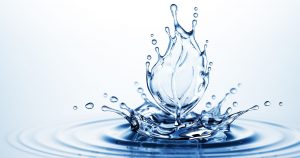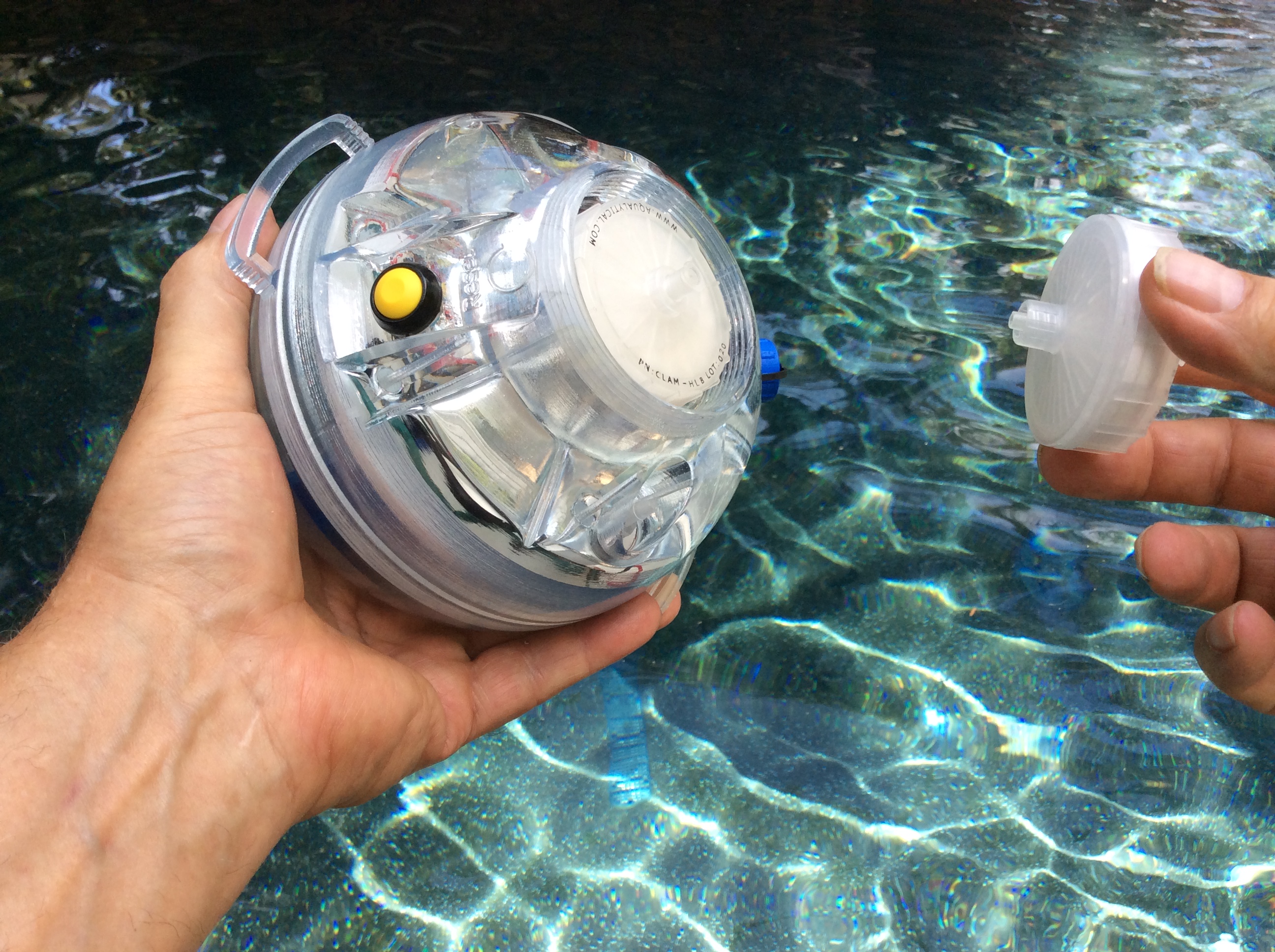About Us
"Field extraction is the future of trace organics monitoring, by extracting the actual dynamic environment over time into a small SPE disk, rather than extracting a bottle of water representing a few seconds of time."
Aqualytical was founded by Brent Hepner from the experiences of 30 years owning and operating an environmental testing laboratory in the state of Washington.

Water is mankind’s most precious resource. It covers most of our planet, and sustains life as we know it. Every day, millions of tests are carried out on water samples to ensure quality, to meet government regulations and to maintain safety. Hundreds of substances are controlled by regulations that need to be tested on a regular basis, and new targets with lower and lower detection requirements are added to the substance list each year.
Protecting water should be a priority – and conducting analytical water testing shouldn’t be a cumbersome process. At least, that’s the philosophy that drives Brent Hepner, whose more than 30 years of experience as an owner and operation of an environmental water testing laboratory has provided insight into the inadequacies of the most common water sampling techniques in use today.
Brent knows the ins and outs of environmental testing labs; he founded and operated Sound Analytical Services, a full-service environmental laboratory employing 50 chemists and technicians, for 18 years, serving as President and CEO until selling it to Severn Trent Inc. in 2001. He understands all the details that must be addressed in regards to analytical water testing, from the point of view of the field technician as well as the testing laboratory.

“I could never understand why an industry so consumed with technology and quality control driven defensible data, would accept antiquated, inaccurate sampling methods to obtain trace organic water samples,” Brent said. “I believe that the environmental source should be tested, not sampled, since our aquatic environment presents us with a challenging, dynamic system of which to acquire a representation.
“Submitted water samples of the past only provide a snapshot in time,” he continued, “missing episodic events. In addition, subsets from main containers lose more than 50 percent of nonpolar compounds from their walls as they were not rinsed with solvent.”
Brent was also acutely aware of shipping and logistical challenges in commonly used water sampling techniques in research. Coolers full of bottles, packing and ice were heavy, expensive to ship, and often presented loss of sample due to breakage. He found in these cases that the submitted sample size was inadequate to obtain the required quality detection level objective; coupled with a 7-day expiration date for extraction for compliance testing, it was no surprise that some testing deadlines were impossible to meet.
In 2008, Brent founded Aqualytical to resolve these water monitoring issues, and provide a solution in the form of a method and solid phase field extraction device.

According to Brent, the Aqualytical team believes that “field extraction is the future of trace organics water monitoring, by extracting the actual dynamic environment over time into a small SPE disk, instead of a bottle of water representing one instant in time.”
This belief drove the development of the CLAM, a unique tool in the water testing arena, which provides environmental laboratories and engineering companies with data quality and profits, instead of losses. In 2010, C.I.Agent Solutions recognized the potential for the CLAM across a wide variety of water testing markets and brought Aqualytical into the C.I.Agent family. With the experience and ideas taken from the water testing industry, the CLAM has achieved many milestones in validation and realization of concept. The CLAM is now recognized throughout the water testing industry as a superior tool for achieving low level, time integrative analysis of organic compounds in a very convenient and cost effective manner by simply leaving the water behind.

